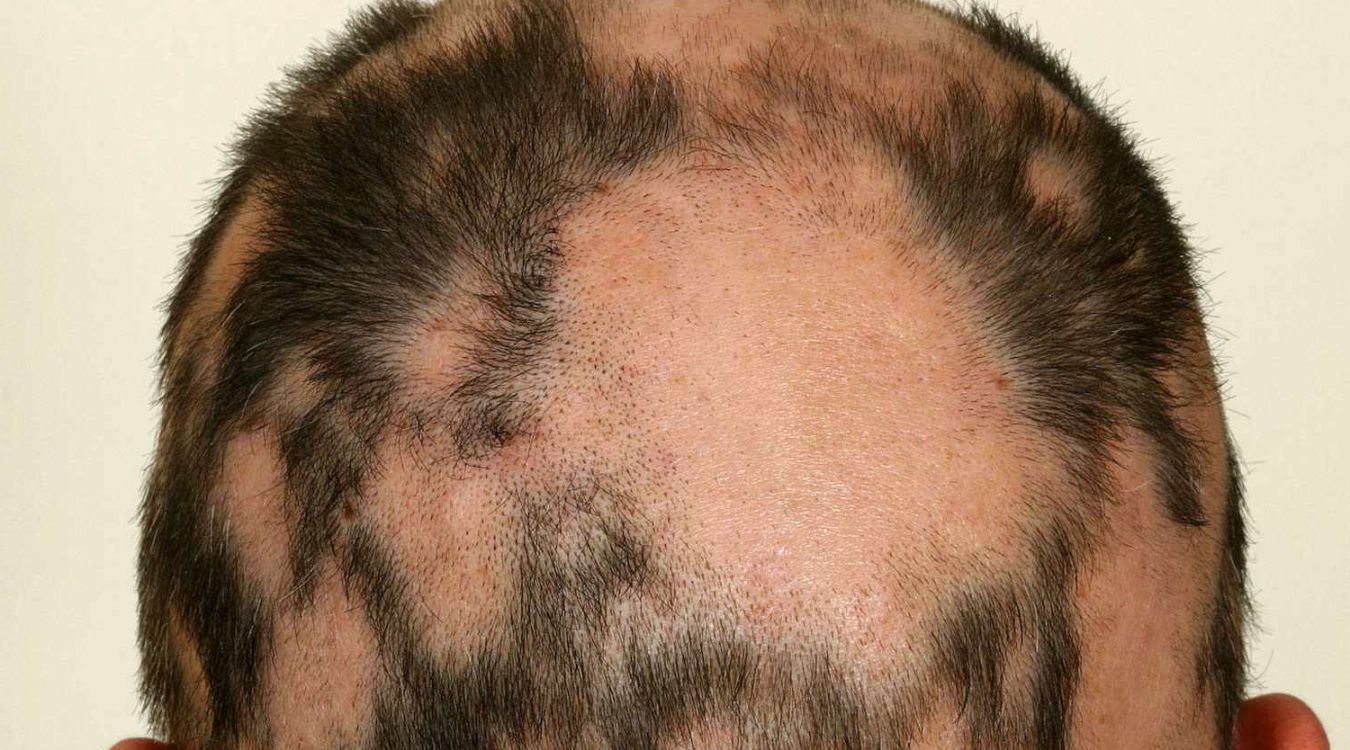
Morvan's Syndrome is a rare neurological disorder that puzzles many. Named after the French physician Augustin Morvan, this condition combines symptoms of neuromyotonia and autonomic dysfunction. Neuromyotonia involves continuous muscle twitching, cramps, and stiffness, while autonomic dysfunction affects involuntary bodily functions like heart rate and digestion. People with Morvan's Syndrome often experience severe insomnia, hallucinations, and memory issues. The exact cause remains unclear, but it’s often linked to autoimmune responses where the body mistakenly attacks its own nerves. Treatments focus on managing symptoms through medications and therapies. Understanding this syndrome can help those affected find better care and support.
Key Takeaways:
- Morvan's Syndrome is an extremely rare autoimmune disorder that affects the nervous system, causing a wide range of symptoms such as insomnia, hallucinations, and chronic pain.
- While there is no cure for Morvan's Syndrome, treatment options such as immunotherapy, medications, and pain management techniques can help manage the symptoms and improve the quality of life for patients.
What is Morvan's Syndrome?
Morvan's Syndrome is a rare neurological disorder that affects the peripheral and central nervous systems. Named after the French physician Augustin Marie Morvan, it presents a unique set of symptoms that can be puzzling. Let's dive into some intriguing facts about this condition.
-
Rare Condition: Morvan's Syndrome is extremely rare, with only a few hundred cases reported worldwide.
-
Autoimmune Disorder: It is considered an autoimmune disorder, where the body's immune system mistakenly attacks its own tissues.
-
Named After a Doctor: The syndrome is named after Augustin Marie Morvan, who first described it in the 19th century.
-
Symptoms Vary: Symptoms can vary widely among patients, making it difficult to diagnose.
-
Neurological Symptoms: Common neurological symptoms include muscle twitching, cramps, and weakness.
Symptoms of Morvan's Syndrome
Understanding the symptoms can help in identifying and managing the condition. Here are some of the key symptoms associated with Morvan's Syndrome.
-
Insomnia: Severe insomnia is a hallmark symptom, often leading to sleep deprivation.
-
Hallucinations: Patients may experience vivid hallucinations, both visual and auditory.
-
Pain: Chronic pain, particularly in the muscles and joints, is frequently reported.
-
Sweating: Excessive sweating, especially at night, is a common symptom.
-
Weight Loss: Unexplained weight loss can occur due to metabolic changes.
Causes and Risk Factors
While the exact cause of Morvan's Syndrome remains unknown, several factors are believed to contribute to its development.
-
Genetic Predisposition: Some studies suggest a genetic component may play a role.
-
Autoantibodies: The presence of autoantibodies that attack potassium channels in the nervous system is a significant factor.
-
Infections: Certain infections may trigger the onset of the syndrome.
-
Other Autoimmune Diseases: Having other autoimmune diseases can increase the risk.
-
Environmental Factors: Exposure to certain environmental factors might contribute to the development of the syndrome.
Diagnosis of Morvan's Syndrome
Diagnosing Morvan's Syndrome can be challenging due to its rarity and the variability of symptoms. Here are some methods used in diagnosis.
-
Clinical Evaluation: A thorough clinical evaluation is essential for diagnosis.
-
Blood Tests: Blood tests can detect the presence of autoantibodies.
-
Electromyography (EMG): EMG tests can assess the electrical activity of muscles.
-
Nerve Conduction Studies: These studies help evaluate the function of peripheral nerves.
-
Imaging Tests: MRI and CT scans can rule out other conditions with similar symptoms.
Treatment Options
While there is no cure for Morvan's Syndrome, several treatment options can help manage the symptoms.
-
Immunotherapy: Immunotherapy, including plasmapheresis and intravenous immunoglobulin (IVIG), can be effective.
-
Medications: Medications such as anticonvulsants and muscle relaxants can help control symptoms.
-
Pain Management: Pain management techniques, including physical therapy and pain relievers, are crucial.
-
Sleep Aids: Medications to aid sleep can help manage insomnia.
-
Psychological Support: Counseling and psychological support can be beneficial for patients experiencing hallucinations and other mental health issues.
Prognosis and Quality of Life
The prognosis for Morvan's Syndrome varies, but with proper management, patients can lead relatively normal lives.
-
Variable Prognosis: The prognosis can vary widely depending on the severity of symptoms and response to treatment.
-
Long-term Management: Long-term management is often necessary to control symptoms.
-
Support Systems: Strong support systems, including family and healthcare providers, are essential.
-
Lifestyle Adjustments: Lifestyle adjustments, such as stress management and a healthy diet, can improve quality of life.
-
Regular Monitoring: Regular monitoring by healthcare professionals is crucial for managing the condition.
Research and Future Directions
Ongoing research is essential for understanding Morvan's Syndrome better and developing more effective treatments.
-
Ongoing Research: Researchers are continually studying the syndrome to uncover its underlying mechanisms.
-
Clinical Trials: Clinical trials are being conducted to test new treatments.
-
Genetic Studies: Genetic studies aim to identify potential genetic markers associated with the syndrome.
-
Immunological Research: Research into the immune system's role in the syndrome is ongoing.
-
Patient Registries: Patient registries help collect data to improve understanding and treatment of the syndrome.
Interesting Facts
Here are some additional interesting facts about Morvan's Syndrome that you might find fascinating.
-
Historical Cases: Some historical cases of Morvan's Syndrome date back to the 19th century.
-
Named After a Region: The syndrome is named after the Morvan region in France, where Dr. Morvan practiced.
-
Rare but Recognized: Despite its rarity, Morvan's Syndrome is recognized by major medical organizations worldwide.
Final Thoughts on Morvan's Syndrome
Morvan's Syndrome, a rare neurological disorder, presents a unique set of challenges. Characterized by symptoms like muscle twitching, severe insomnia, and hallucinations, it often requires a multidisciplinary approach for management. Early diagnosis can significantly improve the quality of life for those affected. Treatments usually focus on symptom relief and may include medications like anticonvulsants or immunosuppressants. Research is ongoing, offering hope for better understanding and new therapies. Awareness and education about this condition are crucial for early intervention and support. If you or someone you know shows signs of Morvan's Syndrome, consulting a healthcare professional is essential. Knowledge empowers us to take proactive steps in managing health. Stay informed, stay proactive, and support those navigating this complex condition.
Frequently Asked Questions
Was this page helpful?
Our commitment to delivering trustworthy and engaging content is at the heart of what we do. Each fact on our site is contributed by real users like you, bringing a wealth of diverse insights and information. To ensure the highest standards of accuracy and reliability, our dedicated editors meticulously review each submission. This process guarantees that the facts we share are not only fascinating but also credible. Trust in our commitment to quality and authenticity as you explore and learn with us.


